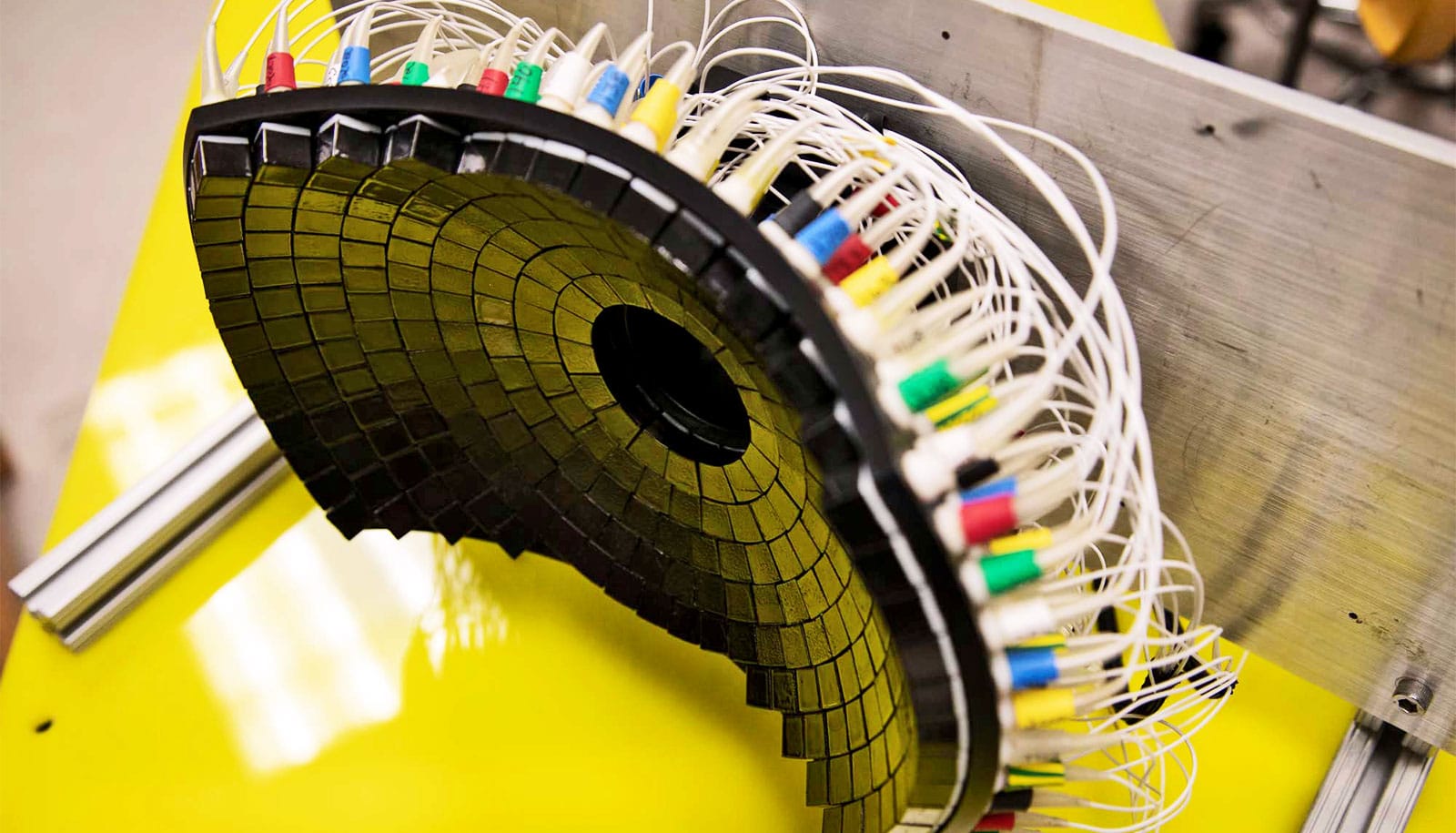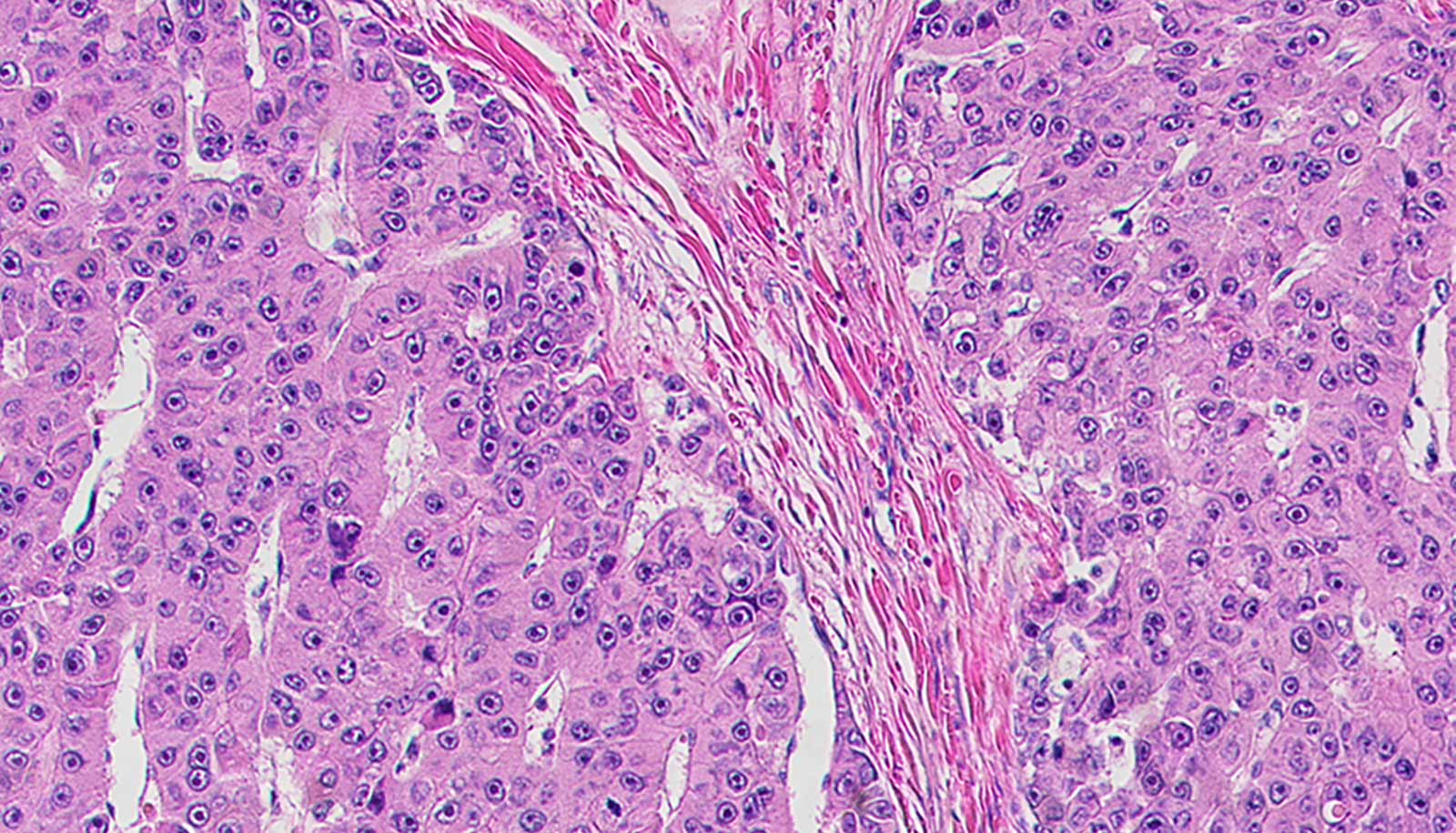Researchers have discovered a specific combination immunotherapy that shows promise in the fight against liver cancer.
The therapy involves a tumor-suppressing lipid molecule called nanoliposome C6-ceramide (LipC6) and an antibody for cytotoxic T-lymphocyte antigen 4 (CTLA4).
“This represents a new and powerful therapeutic approach.”
When used together in this study, LipC6 and the anti-CTLA4 antibody significantly slowed tumor growth and enhanced the strength of tumor-attacking T cells.
“Our analysis revealed the combination therapy significantly extended the life span of tumor-bearing mice compared to the mice with a single type of therapy or no therapy at all,” says co-principal investigator Guangfu Li, associate professor in the surgery department and the molecular microbiology and immunology department at the University of Missouri.
Li says this finding is especially promising given the current lack of effective therapies against liver cancer, which is the third-leading cause of cancer-related deaths in the US. For patients diagnosed with liver cancer, the average five-year survival rate of all stages is 20%, according to the American Cancer Society.
“What is particularly notable is that we have now demonstrated that LipC6 treatment significantly improves the ability of anti-CTLA-4 antibodies to suppress liver cancer,” Li says.
“LipC6 and anti-CTLA-4 antibody have been approved by the FDA to use in human patients, so this combination treatment can be quickly translated to clinical application.”
More research will be required to better understand the underlying mechanisms behind the success of this combination.
“The human therapeutic response to another commonly used type of immunotherapy, anti-PD-1, is only about 14% in liver cancer patients,” says co-principal investigator Kevin F. Staveley-O’Carroll, professor in the surgery department.
“We also tested anti-PD-1 immunotherapy in combination with LipC6, but it showed no benefit compared to the robust response demonstrated by the combination of LipC6 and anti-CTLA4 antibodies. This represents a new and powerful therapeutic approach.”
The study appears in the journal Federation of American Societies to Experimental Biology.
Support for the research came from the National Institutes of Health’s National Cancer Institute. The content is solely the responsibility of the authors and does not necessarily represent the official views of the funding agencies.
Source: University of Missouri



